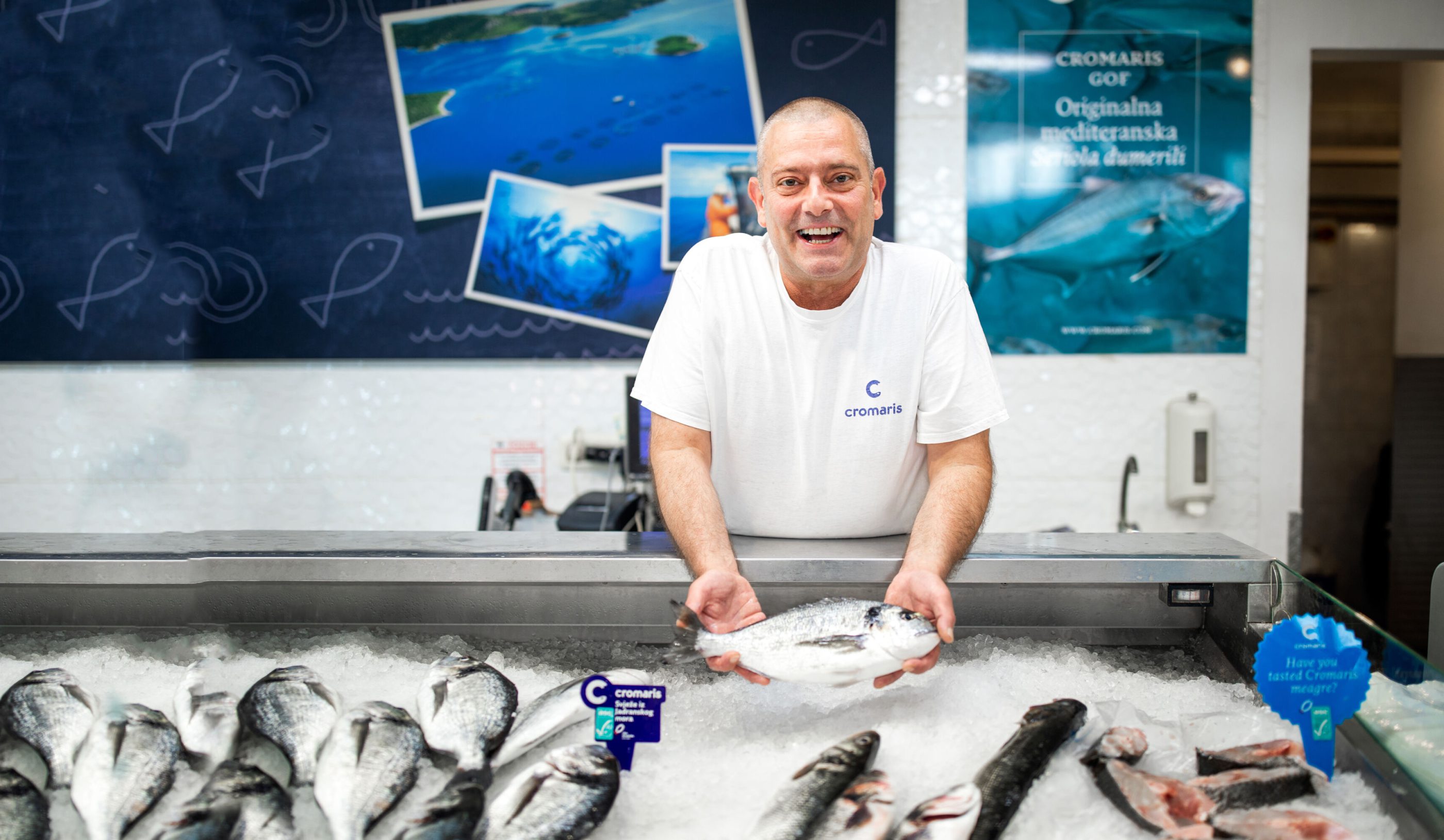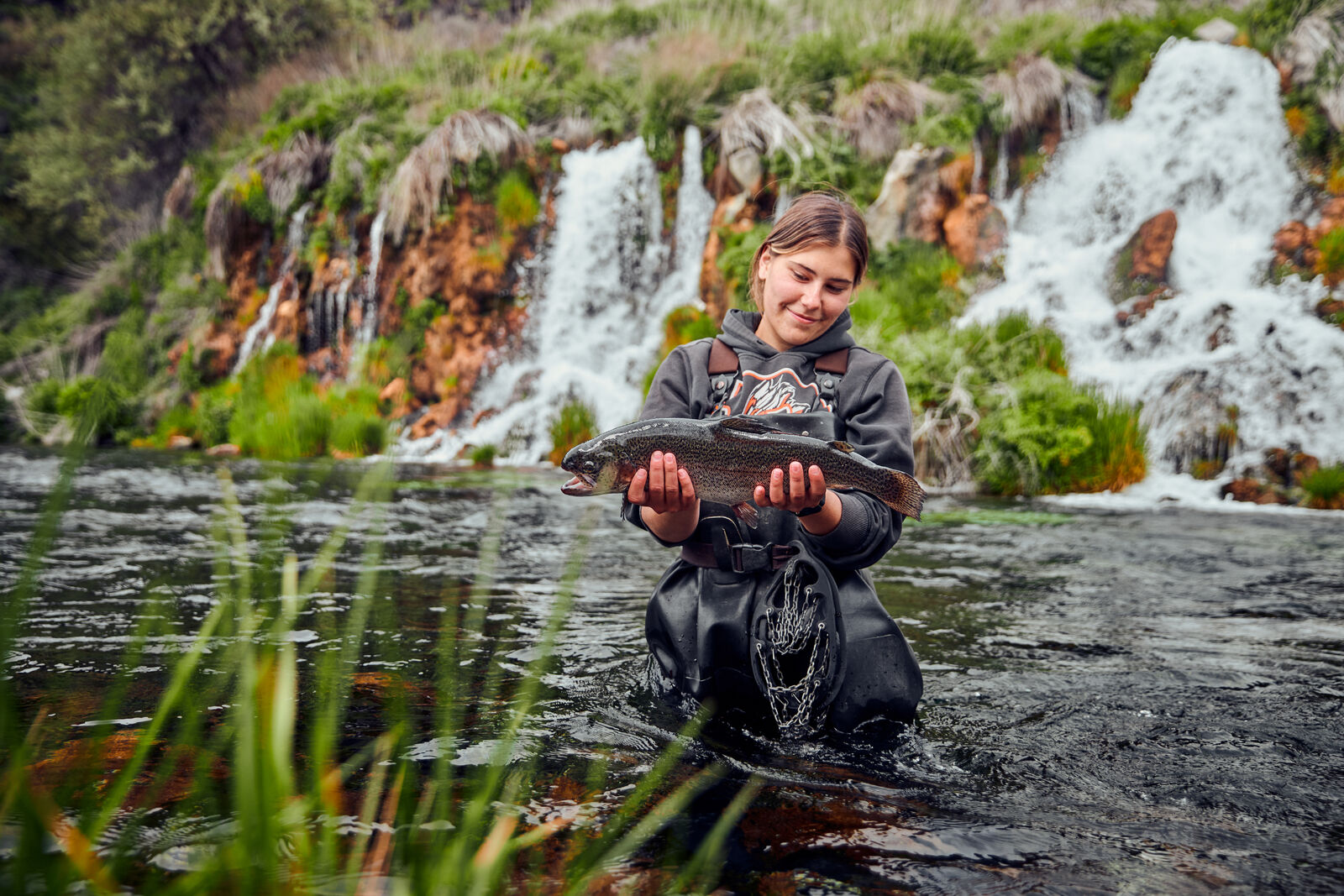
Honouring Indigenous peoples and the right to consent in aquaculture
August 8, 2025
Every year on 9th August, the world marks the International Day of the World’s Indigenous People.
In the context of aquaculture, the farming of fish, shellfish, and aquatic plants, one key area where Indigenous rights come into focus is through a principle known as FPIC: Free, Prior and Informed Consent. FPIC is the right of Indigenous peoples to give or withhold consent to projects that may affect their lands, resources, or wellbeing. It must be given freely, before any activity starts, and with full information shared in a culturally appropriate way. FPIC is recognised in the United Nations Declaration on the Rights of Indigenous Peoples (UNDRIP), which many countries have endorsed, though not all have integrated it into their laws.
In the past, we have shared other blogs on International Day of the World’s Indigenous Peoples in which we reflect on our journey toward better recognising and respecting Indigenous rights in aquaculture.
- Exploration of Free, Prior and Informed Consent in Aquaculture
- Protecting the rights of Indigenous people
This year, we continue that conversation by reemphasising the importance of Free, Prior and Informed Consent (FPIC) and sharing where we are headed next with a new project aimed at putting community data at the heart of the process.
The ASC Farm Standard and Indigenous rights
Indigenous rights should matter deeply in the aquaculture sector, just like in other sectors such as mining and forestry. The ASC Farm Standard reflects this importance through the inclusion of requirements that aim to respect and advance the rights of Indigenous peoples and local communities.
Farms must publicly commit to respecting human rights, including those of neighbouring communities, through a documented policy with senior management accountability. The standard requires the establishment of fair and accessible grievance mechanisms aligned with the UN Guiding Principles on Business and Human Rights (UNGPs). These mechanisms must offer a safe, responsive and transparent process for resolving concerns.
In areas where Indigenous peoples are present, farms must respect legal and customary rights to land and culturally significant sites, and they are expected to engage in meaningful consultation with affected communities. While FPIC is not mandated by the ASC Farm Standard in all cases, it is identified as best practice where Indigenous rights are involved, reinforcing the idea that responsible aquaculture must be rooted in respect, joint identification of any negative impacts, accountability, and active dialogue with local communities and indigenous peoples.
ASC is currently exploring how to include FPIC requirements more robustly in the ASC Farm Standard.

Why we need to address FPIC
Implementing FPIC is far from simple and involves several key challenges. Legal recognition of Indigenous rights varies widely between countries, with some fully endorsing FPIC in national law and others offering little or no protection for Indigenous communities. This inconsistency creates confusion for companies and certification bodies, especially where permits to farm have been issued without prior consultation. For a credible and effective FPIC process to take place, companies must understand the true meaning of a consent process, must give the process time, build trust and have cultural openness, which many are not fully prepared for. Indigenous communities, meanwhile, may lack the resources, information, or support needed to engage meaningfully in FPIC processes.
Auditing FPIC adds another layer of complexity. Auditors must assess sensitive social dynamics and may lack the necessary understanding of what a proper FPIC process entails and what might be sufficient evidence for it. Creating a safe space for communities to speak freely as part of audits remains a critical and often under-resourced challenge in audits.
A new approach: Community data as evidence
To address these challenges, ASC is about to start a new project with a grant from the ISEAL Innovations Fund, funded by the Swiss State Secretariat for Economic Affairs SECO and UK International Development. This project puts community-generated data at the heart of FPIC verification.
Working with Indigenous partners, a salmon farm, an auditor, and our long-term partners Consensus Building Institute and the Indigenous company Ngülamtun, the project will explore how community-identified impacts can be monitored and used in audit planning and implementation, in ways that are culturally relevant and auditor-friendly and that allow a focus on key issues.
This approach could give Indigenous communities more control over how the impacts they observe are documented and shared and aims to bridge the gap between certification requirements and on-the-ground realities. It also helps ensure that communities are not just subjects of audits, but active participants in shaping them.

Where do we go from here?
FPIC is not a checkbox; it is a right, a process, and a relationship. As aquaculture develops and grows, the industry must find better ways to honour this right, not only to meet certification standards but to build a truly responsible sector that respects and promotes Indigenous sovereignty.
As we mark the International Day of the World’s Indigenous Peoples, one question lingers:
What would aquaculture look like if Indigenous voices led the conversation from the very beginning?
We’d love to hear your thoughts.
Find more information about the ASC FPIC project here.






